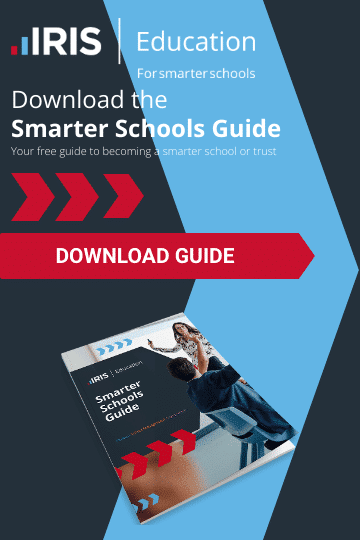BLOGS
Ministers Confirm Universal Credit Impact on Free School Meals
The Government’s transition to a universal credit benefit system is a monumental task. In trying to implement a simpler system across the board, the transition inevitably causes a lot of upheaval and confusion. This month however, ministers have confirmed how universal credit will impact free school meals (FSM).
What exactly are the new free school meals plans?
Currently, household incomes earning, after benefits, under the £16,190 threshold are eligible to claim FSM. Universal Credit will change the way that works and instead, households will be assessed before benefits are distributed. Ministers confirmed that households with net earnings of less that £7,400 will be eligible for FSM. That means in practice, it will be families with incomes roughly between £18,000 and £24,000 after benefits who will be eligible for FSM.
The government says that this change should result in an extra 50,000 children qualifying for FSM by 2022. And importantly, children currently benefiting from the system, who wouldn’t qualify with the changes, are having their provision protected. No child currently getting FSM is going to have it taken away.
Nadhim Zahawi, Education minister said:
“It is right that we must continue to offer the most disadvantaged young people additional help and I am pleased that, following public consultations, we can extend free school meals and the free early education entitlement for disadvantaged two-year-olds.
“Tens of thousands more children will be entitled to free school meals by 2022 compared to the previous benefits system.”
Labour says millions of children missing out
While the Government predicts numbers of FSM-claiming students will increase, Labour Shadow Education Secretary, alongside the Children’s Society Charity, believe the transition will be a missed opportunity. The charity estimates that under the rules, a million children living in poverty will still miss out on FSM. Angela Raynor said:
“These plans will create a dangerous cliff-edge in the Universal Credit system and make it harder for families on low incomes to make ends meet.”
The charity and Labour are calling for all families who qualify for universal credit to be eligible to FSM provisions. The changes should be an improvement but don’t go far enough for some.
Tackling the wrong issue?
One of the main criticisms of FSM has always been that, the amount of families and students who claim the benefit, has never been close to the number eligible. There have always been thousands eligible who simply refuse, don’t know, or don’t care to claim the benefit. Under the new provisions, that isn’t changing, and the onus is still on families to claim the provision or miss out. Paul Whiteman, General Secretary of the NAHT said:
“The change doesn’t tackle the central issue that families will still have to prove eligibility before their children can benefit and before schools can receive additional Pupil Premium funding to support them.
“The government must simplify the system that currently means that too many children are still missing out.”
The Government already has the data they need to automatically sanction FSM eligible families, but never has. Schools still face the same challenge then. Despite the change, they need to persuade parents and students to claim and use the benefit.
Here at FasTrak, we try and help schools make catering as attractive to use as possible with our cashless solution. And in this context, cashless systems can be a very powerful tool for encouraging FSM uptake.
A lot of people don’t claim FSM because of the stigma that unfortunately often comes with it. No child wants to be singled out from their friends and receive special treatment at lunchtimes. A cashless system however, hides FSM in the background. A student collecting a free meal has exactly the same experience as students whose meal has been paid for by a parent.
Receiving FSM shouldn’t be something to be ashamed of, but at least with a cashless system, you respect the child and families’ privacy, and leave it up to their discretion to tell people whether their meal is free or not.
Cashless Catering can be a powerful tool to encourage higher FSM take-up and subsequently increase pupil-premium funding. But most importantly it gives FSM eligible families back control of their privacy, and gets more students who need it, a healthy and nutritious meal at school.
Related links & news stories
TES: Government sets £7,400 annual income threshold for free school meals









